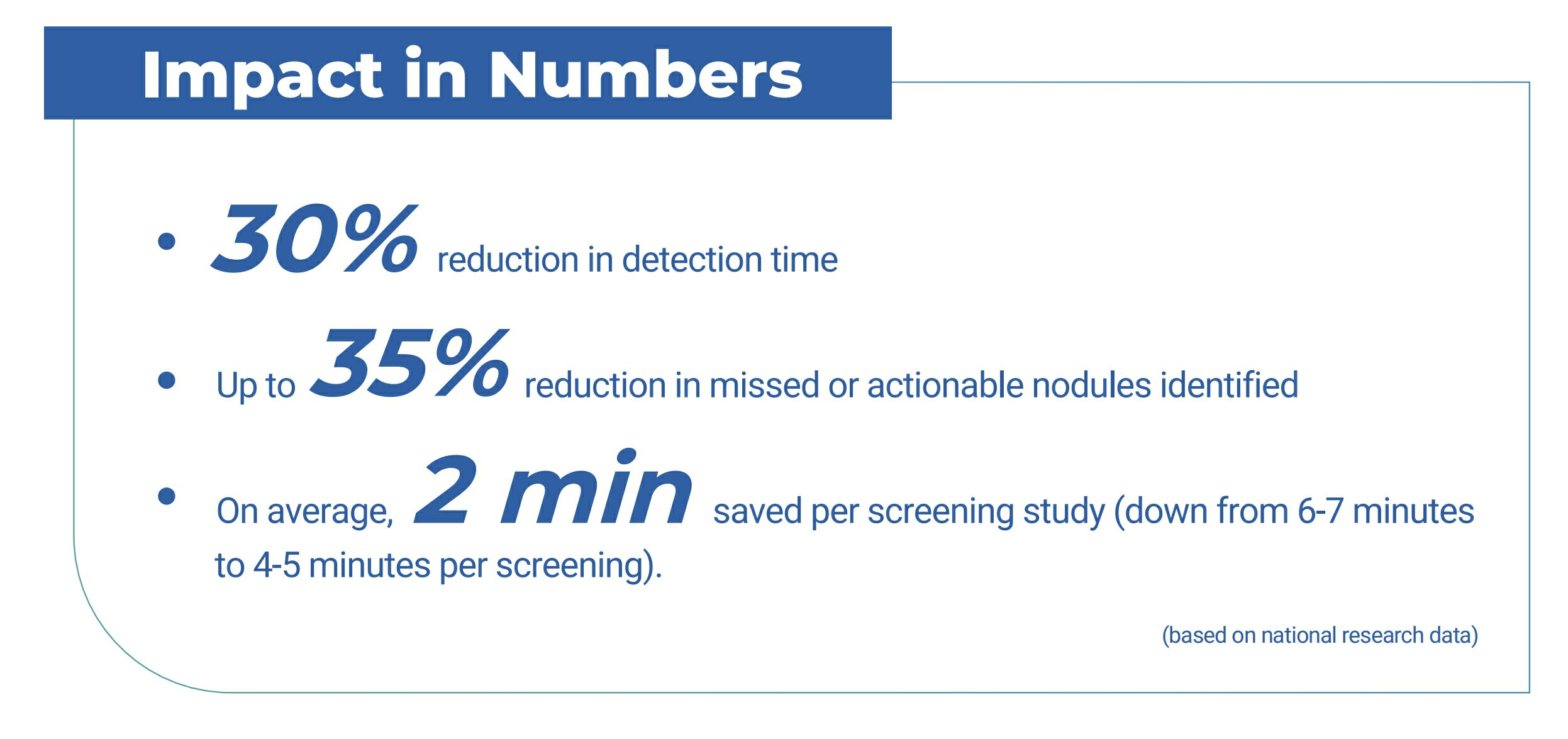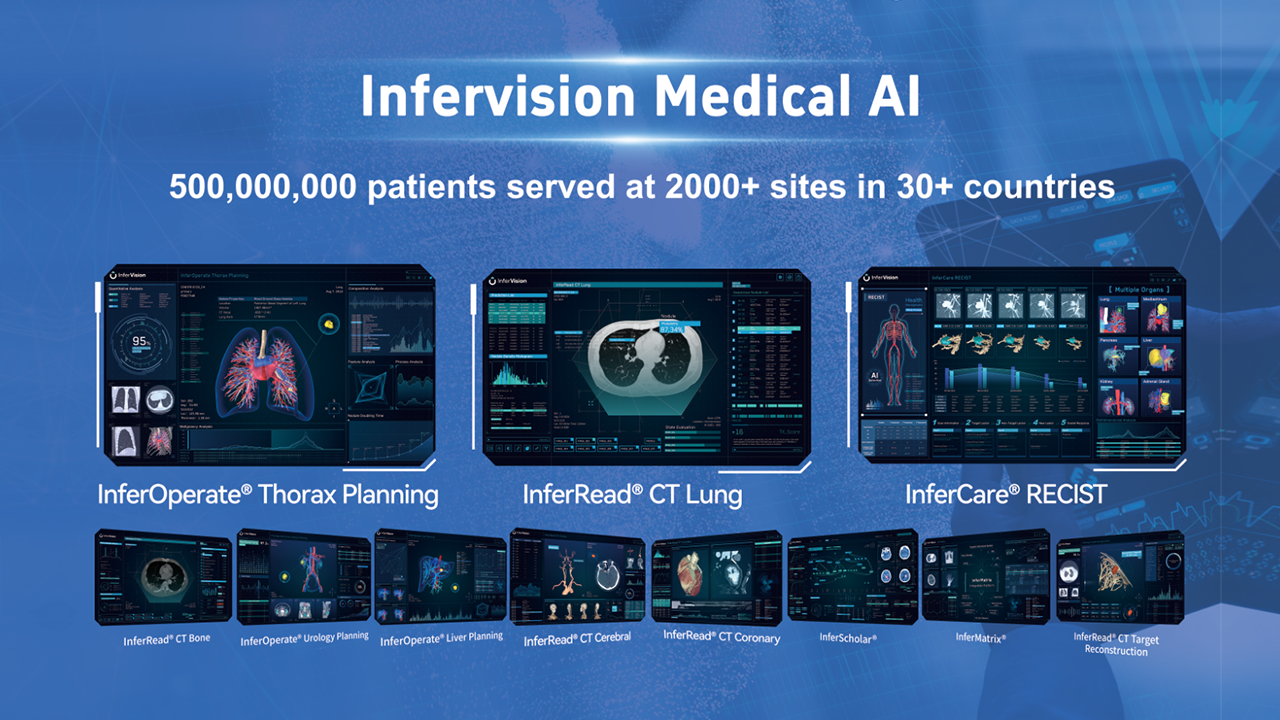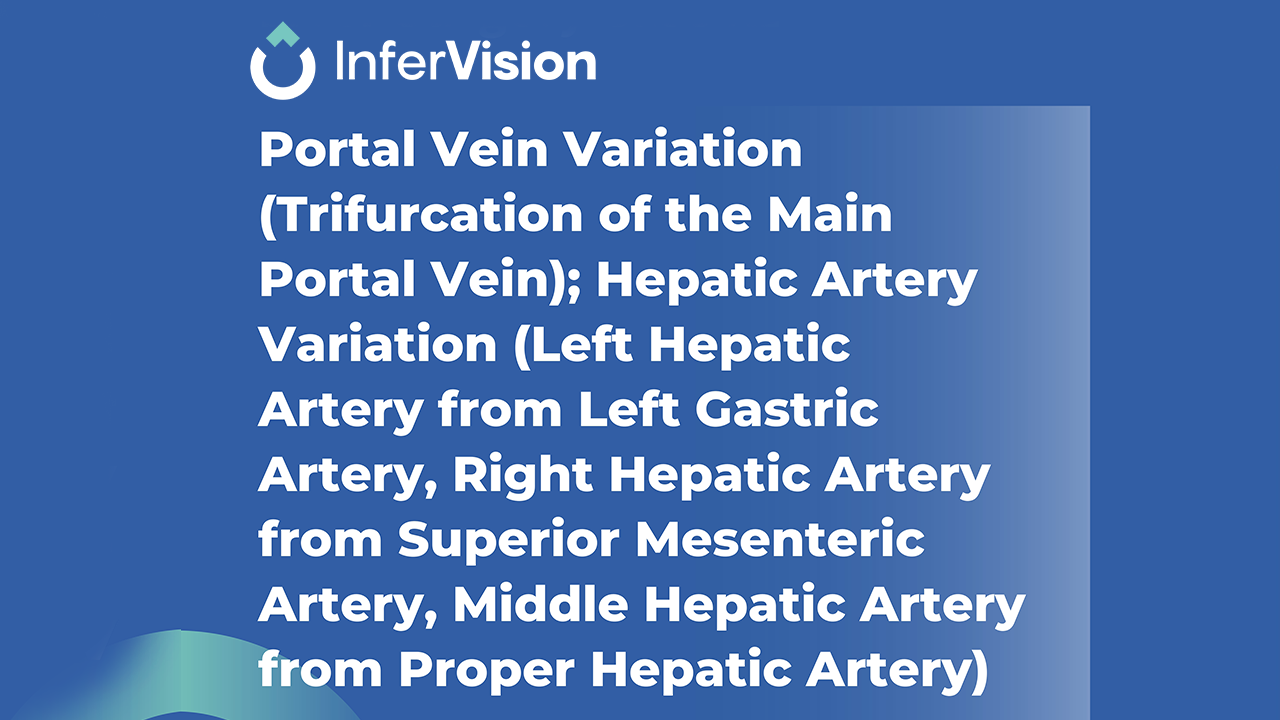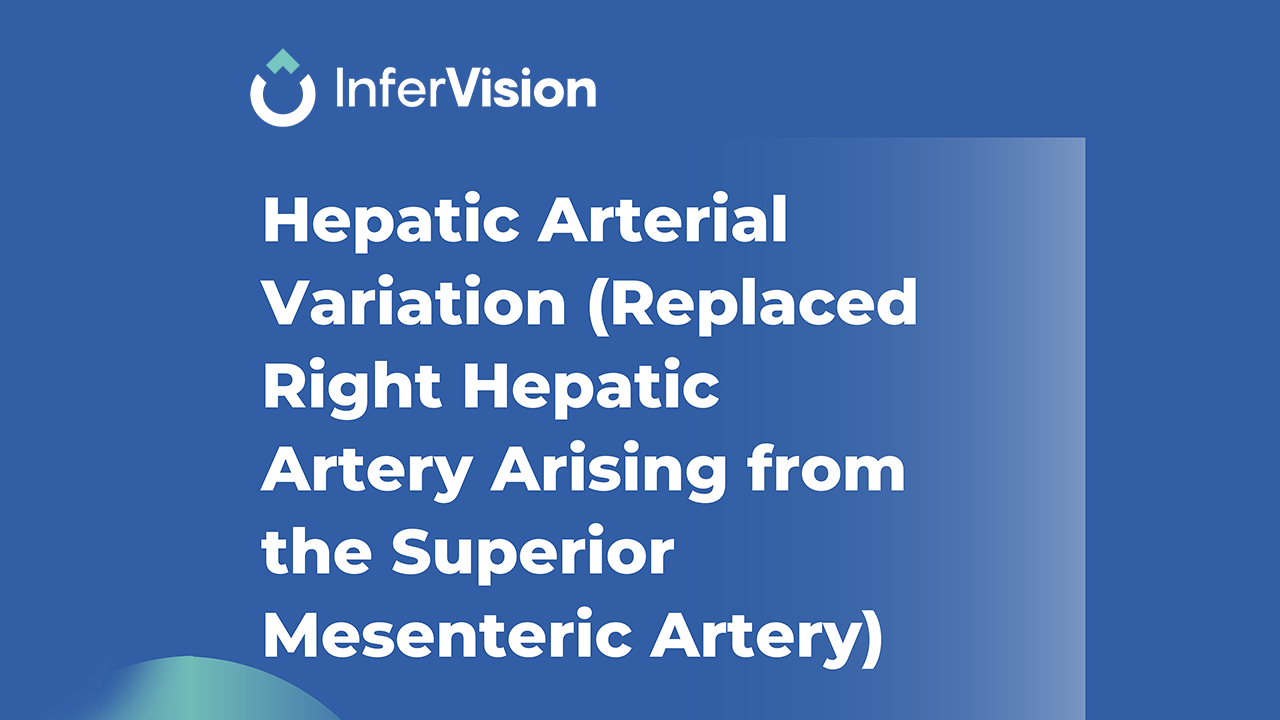Wake Radiology, founded in 1953, is the oldest and largest medical imaging provider serving the Raleigh, Durham area, which have the largest and fastest growing population sizes in North Carolina, USA. Originally established to serve just 65,000 residents in Raleigh and seeing not more than 10 patients per day, Wake Radiology now has a presence in 14 locations in the Triangle, serving more than 2.7 million residents and growing.
Throughout its history, Wake Radiology has been a pioneer in introducing cutting edge technologies to better serve its residents, such as the first vascular/interventional radiology program in the 1960s in the area and more recently, deploying AI alongside its radiologists to improve accuracy and efficiency.
To this end, Wake Radiology has adopted Infervision’s CT Lung AI detection system to quickly assess patients and detect pulmonary nodules to keep up with the demands for screening lung cancer and following oncology patients.
After implementing Infervision AI, Wake Radiology saw approximately a 33% reduction in reading time of CT chest low dose lung cancer screening studies, reducing the turnaround time to get actionable information to the patient and their physician.
Key Issues

Wake Radiology has seen a spike in lung cancer screening cases, which has increased the demand on the radiologist. In 2020, Wake Radiology performed 11,200 CT chest exams, including 1700 low-dose CTs for lung cancer screening. By 2024, that number had risen to 13,000. Nodule detection is a time-consuming and repetitive task, and can lead to inaccuracies. Manual detection of blind spots is challenging since screenings may not show symptoms. AI can assist the radiologist in finding nodules that can exist with greater confidence.
Enhancing Results, Saving Precious Time
In light of increased volumes paired with the strong desire to maintain a high level of clinical accuracy, Wake Radiology chose to work with Infervision, adopting Infervision's CT Lung AI solution. The CT Lung system is compatible with various PACS (Picture Archiving & Communication Systems) used by both Wake Radiology and partner hospitals, which helps medical professionals save time and effort on communication.
In addition, it assists radiologists in finding commonly hard to detect areas. All actionable nodules, such as the hilum and costophrenic sulcus where found by Infervision AI during the pilot program, thus increasing higher accuracy and detection.

What’s next for Wake Radiology?
After seeing how AI can help alleviate staff workloads and improve patient outcomes, radiologists are excited for what AI technology can bring to healthcare. Wake Radiology now incorporates Infervision's AI tool for all CT scans of the chest, which is important for the staging and survival of the oncology population. Wake Radiology is optimistic about AI applications and how they can be applied to different clinical areas of need, bringing much needed help where time and accuracy matters.
Conclusion
AI in radiology will help save precious time and reduce errors, easing the tedious aspects of the workload and improving patient diagnostic accuracy and outcomes. Both radiologists and patients will benefit greatly from AI-assisted algorithms in healthcare such as Infervision’s CT Lung system.





